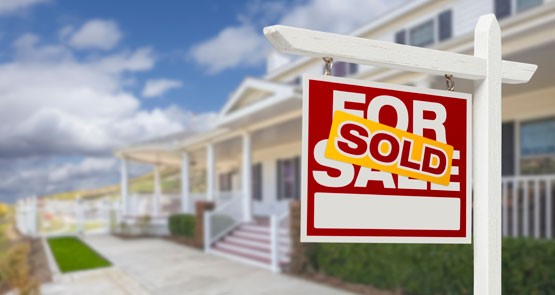
In the national imagination, real estate continues to function, as John Howard once had it, as a “timeless dream”. In the national economy, things are rather less dreamy, with our housing price-to-wage ratio now the world’s third worst and the value of new loans to investment property eclipsing those for owner-occupiers for the first time in the last financial year. Over the past 30 years the number of Australians renting has doubled, and in 2013, The National Housing Supply Council warned that “it seems certain the aggregate rate of home ownership will drop and the proportion renting will increase significantly”.
Still, we’ve held fast to the idea for an awfully long time that the home is a site for financial and even spiritual ascent. Network TV plays to this fantasy with shows like Reno Rumble, House Rules and The Block. Fewer of us own houses. Far fewer of us benefit from the tax concessions available to owners of multiple properties. But Howard’s timeless dream — better people have better houses and the best of us owns several — continues to play in our heads, even if it has lately become a lived nightmare.
In her 2009 work Renovation Nation, Fiona Allon details the way in which Australians, a people unusually enamoured of real estate and its vast attendant local media, think of home ownership. Home is not just a place that offers us somewhere to live. We attribute particular intrinsic powers to the house commodity — what an old-school Marxist might call fetishism. When we believe a home can achieve particular ends, this has, says Allon, “consequences for how we understand our sense of identity”.
It also has very measurable economic consequences. In the last four decades, housing prices have surged far ahead of wage increases, and you don’t have to be Scott Morrison to conclude that this disparity isn’t going to work very well for Millennials. But if you are Scott Morrison, you might want to continue playing into the post-war Australian ideal of the home as a site of magic. And boy, in recent debate, he really has been.
Homes are so magical, their multiple ownership produces even more magic. A magic that became positively supernatural when Howard introduced the alchemy of the capital gains concession to the crucible in 1999.
It’s not the intrinsic magic of houses but these generous tax concessions that have decreased housing affordability and pushed a greater proportion of Australians into rental accommodation — an option, says the RBA, that may currently make more financial sense for most individuals.
As many of our free-market thinkers have it, the ALP’s proposal to phase out negative gearing would be to ruin us all and deprive us of our national magic. This policy, they say, will penalise “hardworking Australians” and make it impossible for low- to middle-income earners “to provide for themselves in retirement”. Our most sustainably employed commentators must be leveraged to the armpits to retell Turnbull’s fiction of negative gearing as economic justice — one previously contradicted by Luci Ellis of the RBA and one the Prime Minister himself may be inclined to revise before May.
It’s either that or they have come to believe, as many Australian have for decades, that the function of a home and an investment are magically interchangeable.
As those many Australians forced to cycle in and out of ownership can attest, the property market is not best represented by a ladder for average-income earners. A hamster wheel is a more apt metaphor. And when you’re in it, the magical properties of property become a lot more difficult to believe in.
Morrison’s curious presentations about cleaners and teachers and those other honourable Australians who, apparently, benefit more than anyone from the current tax concessions notwithstanding, negative gearing has begun to seem less convincing.
That he will be able to maintain his argument that the acquisition of wealth by property assets should be more magically taxed than income seems doubtful. That he will be able to maintain his argument that low-income earners benefit notably from negative gearing will require all the skills of a conjurer.
The clock has stopped on the timeless dream.








Crikey is committed to hosting lively discussions. Help us keep the conversation useful, interesting and welcoming. We aim to publish comments quickly in the interest of promoting robust conversation, but we’re a small team and we deploy filters to protect against legal risk. Occasionally your comment may be held up while we review, but we’re working as fast as we can to keep the conversation rolling.
The Crikey comment section is members-only content. Please subscribe to leave a comment.
The Crikey comment section is members-only content. Please login to leave a comment.